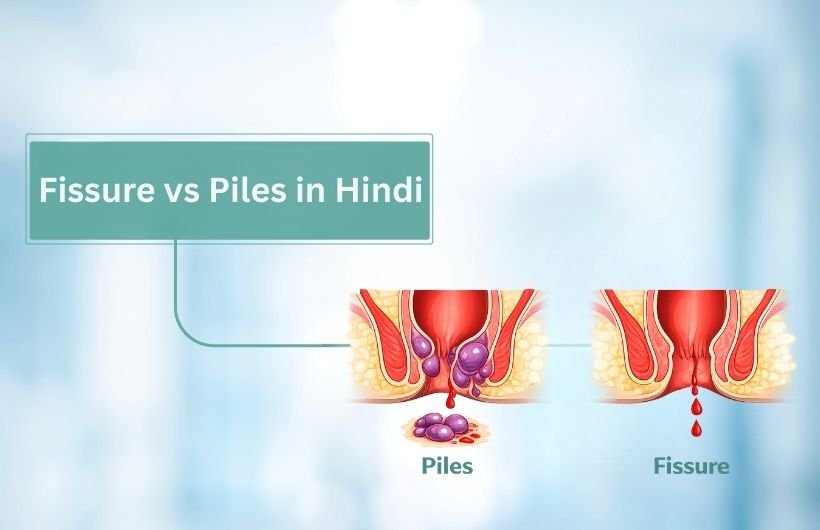Have you ever woken up with a burning feeling in your chest or a sour taste in your mouth? If yes, you’re not alone. Many people experience acid reflux at night, and it can make it hard to fall asleep or stay asleep.
Acid reflux happens when stomach acid flows back into your food pipe (esophagus). This usually gets worse at night when you’re lying down to sleep. In this blog, we’ll explain why acid reflux happens at night, common symptoms to look out for, and simple tips to help you sleep better and prevent nighttime reflux.
What does Acid Reflux Involve, and why does it seem to worsen after Sunset?
Acid reflux happens when stomach acid moves up into your food pipe (called the esophagus). Normally, a small muscle at the bottom of the esophagus (called the esophageal sphincter) keeps acid in your stomach. But when this muscle doesn’t work properly, acid can escape upward—this is acid reflux. If it keeps happening often, it may turn into GERD (Gastroesophageal Reflux Disease).
So why does it feel worse at night?
When you lie down after eating, it’s easier for acid to move up toward your chest and throat. That’s because you’re not standing or sitting, so gravity can’t help keep the acid down. As a result, acid reflux symptoms at night—like heartburn, coughing, or a burning throat—can feel more intense.
Reasons Why Nighttime Acid Reflux Happens
If you’re wondering why you have flare-ups at night, keep reading. You should be aware of the causes of acid reflux at night.
- Having Meals Late in the Day: Consuming a big meal near bedtime puts pressure on your stomach and may increase reflux.
- Food that contains lots of spice or fat: Comfort foods high in fat or spice can ease the lower esophagal sphincter, making you more likely to suffer from nighttime heartburn can be one of the causes of acid reflux at night.
- Triggers of overweight or obesity: Being overweight forces stomach acid to move up into the esophagus.
- Smoking or Drinking: Alcohol and nicotine encourage the LES to relax and raise your chances of suffering from acid reflux.
- Using the wrong position when sleeping: Having reflux can be made worse by sleeping flat on your back or on the right side. Getting your sleeping position for acid reflux right is very important if you have acid reflux.
- Hiatal Hernia: When a part of the stomach moves into the chest cavity, the result is regular reflux, which tends to be worse at night.
- Pregnancy: Acid reflux often gets worse for pregnant women in the third trimester because of hormones and growing pressure on the stomach.
GERD Symptoms at Night
Knowing the signs can help you take action early. Acid reflux at night may cause:
- Burning sensation in the chest (aka nighttime heartburn)
- Sour or bitter taste in the back of your throat
- Chronic cough or throat irritation
- Interrupted sleep or insomnia
Tips to Prevent Acid Reflux While Sleeping
Let’s talk about solutions. Here’s how to check for acid reflux treatment while sleeping without overhauling your entire lifestyle:
- Have your dinner or snack at least 2–3 hours before you go to bed
- Lay on your left side as this helps keep your esophagus above your stomach and reduces the risk of reflux.
- Raise yourself between 6 and 8 inches by using pillows or an adjustable bed
- Avoid eating or drinking anything that acid reflux triggers your stomach problem when it’s late at night
- Maintaining a healthy weight can help reduce abdominal pressure.
- Using antacids bought without a prescription and always asking your doctor before taking them for a long period can help in the acid reflux treatment.
Cases When You Should See a Doctor
Infrequent acid reflux can be handled, but frequent episodes might mean you have GERD. If you have GERD symptoms at night, talk to a gastroenterologist specialist in Ahmedabad.
- You have many symptoms at night, some of which are severe.
- You often don’t get a good night’s sleep.
- You realise you have trouble swallowing, cough a lot or start to feel chest pain
- You have been cautioned to look for esophagitis or ulcers
Conclusion
Having acid reflux at night can interrupt your sleep and your general health. If you know the reasons for acid reflux in the evening and watch for the symptoms, you can enjoy better nights.
Still, if you continue to notice these symptoms, don’t ignore them. It’s best to get your issue checked by a doctor.
If you find acid reflux prevents you from sleeping well, talk to a gastroenterologist for guidance and therapy.
Book a consultation today with Dr. Varun Bajaj, an experienced gastroenterologist who can help you find lasting relief and improve your sleep and digestive health.








